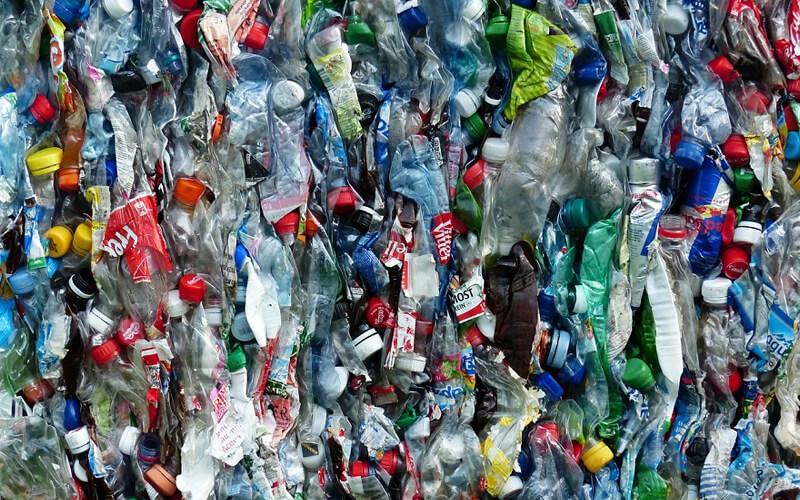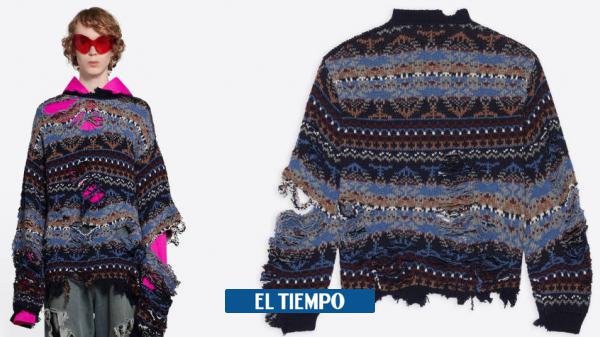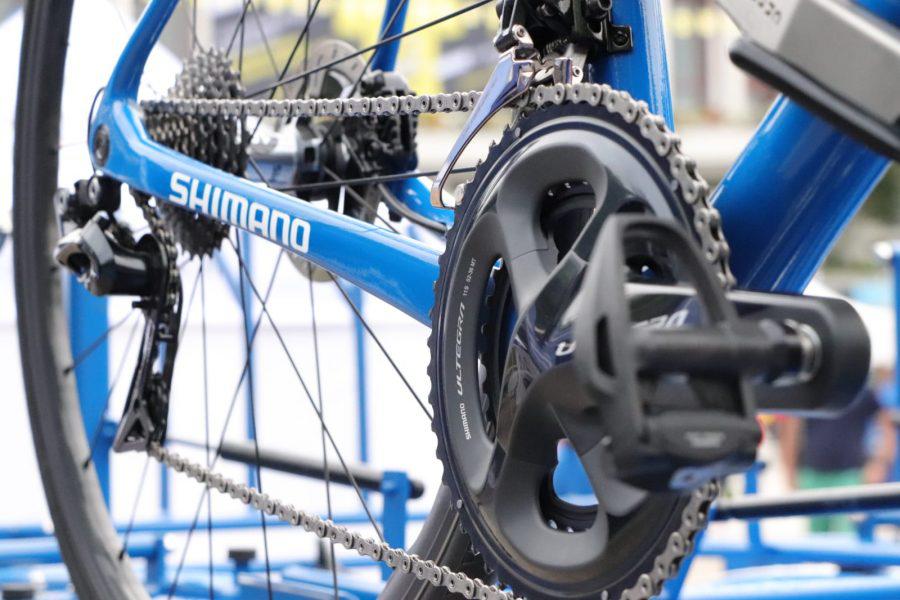Changing Markets denounces the "false solution" of recycling plastic bottles to make clothes
The organization denounces the use of fibers from PET bottles to make garments as green washing and offers five reasons to reject this practice, which is increasingly common among major brands.
A new video has been published by the Changing Markets Foundation, in collaboration with the environmental organization City to Sea, rejects the supposed benefits of using recycled bottles to make clothing, and denounces it as a destructive practice for the environment that also allows brands make up their collections green.
In this regard, retailer H&M claims that 90% of its recycled polyester comes from single-use plastic bottles, while the majority of companies surveyed (85%) indicated that they intend to meet their recycling targets. recycled polyester using polyester from recycled PET bottles. These are important brands such as Nike, H&M, Primark or Inditex.
i'm going to start a youtube show where i act a little more femme than usual and teach bros how to make clear ice, i'm… https://t.co/nPttVADlbH
— ˢᶫᶦ Tue May 11 20:47:07 +0000 2021
The video reveals 5 reasons why the practice of turning PET plastic bottles into clothing can be considered greenwashing:
- Once turned into clothing, plastic cannot be recycled any further and consequently ends up mostly in the trash. This means that the clothes end up in landfills and incinerators, or even in the environment. Every second, a garbage truck's worth of clothing ends up thrown away.
- Turning plastic bottles into clothes takes them out of recycling loops, where they could be turned back into new bottles. Plastic bottles can be collected to be recycled multiple times, reducing the amount of virgin plastic needed, or to be refilled, helping to reduce reliance on single-use plastic.
- The recycled plastic that intended for the manufacture of synthetic products does not contribute at all to curbing the problem of microplastics. Billions of tiny plastic particles that are released from clothing during manufacture, use and laundering end up contaminating the ocean and our bodies through the air we breathe and the food and drink we consume.
- The Brands' use of recycled synthetic fibers is but a drop in the bucket compared to the industry's reliance on virgin plastics. Production of these fossil fuel-derived fibers has increased exponentially over the past 20 years, and shows no signs of slowing down. The use of recycled synthetics distracts consumers from the deeper problem, which is that fashion brands use as much oil in the production of clothing as is consumed in Spain in a year, and produce as many emissions as 180 coal-fired power plants. .
- Making fashion from plastic bottles is yet another greenwashing tactic by brands to encourage people to buy more of what they need and the planet can't afford.
- li>
The video has been published in the wake of the Changing Markets report “Synthetics Anonymous. The addiction of fashion brands to fossil fuels”, published last June. The report, which investigated nearly 50 major fashion brands, shows how cheap synthetic fibers are not only harmful because they are used to produce low-quality clothing that ends up in the trash, but also perpetuate the fashion industry's reliance on fossil fuels in the midst of a climate emergency. And to this we must add the problem of microplastics generated by these garments.

Despite the known damage they cause to human and environmental health - including recent research finding microplastics in placentas, feces and even able to cross the blood-brain barrier - the report showed that the vast majority of brands ignore the problem of microplastics. By pushing the recycling of bottles into clothing, brands may even be making microfiber release worse by breaking larger plastics into synthetic fiber that can more easily leach into the environment.
The report also highlighted that 59% of the claims made by companies investigated were unsubstantiated or potentially misleading to consumers. Examples of brands misleading consumers include claims that synthetic products are recyclable, when no such recycling technology exists, or when products are advertised as "sustainable" or "responsible" without supporting evidence. to be tagged as such.
George Harding-Rolls, campaign adviser for the Changing Markets Foundation, commented, "Brands are clinging to recycled bottles for clothing to distract consumers from their inherently unsustainable reliance on fossil fuels for fiber. If fashion brands are serious about reducing their environmental impact, they should drop the charade of recycling plastic bottles into clothing and focus instead on reducing their addiction to fossil fuels and curbing overproduction."
Jo Morley, Head of Marketing and Campaigns at City to Sea, added: “The environmental impact of fast fashion is huge, as is our obsession with single-use plastics like water bottles. However, the solution for consumers is simple: buy less, and when you do, support the reuse economy. In the case of water bottles, this means bringing reusable bottles and refilling them, and in the case of clothing, buying, when you need it, second-hand.”


























'The ambassador's daughter': everything about the premiere of the Nova series
18/03/2022A girl named Melek arrives in her living room and finds a dead man. Her mother, in the bathroom, cleans the blood from her clothes and her face, in addition, she keeps a knife along with the rest of the things in ...